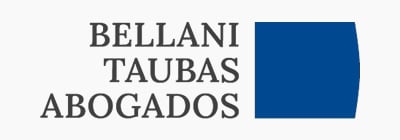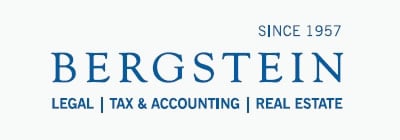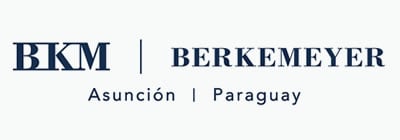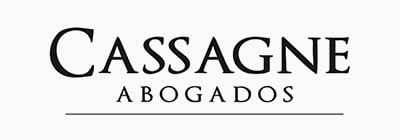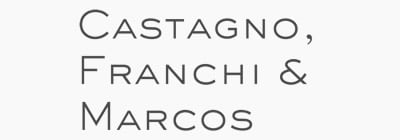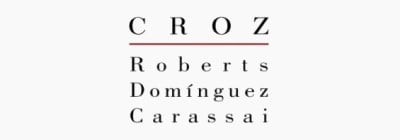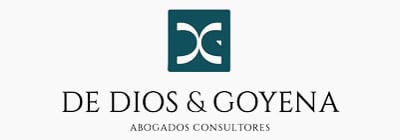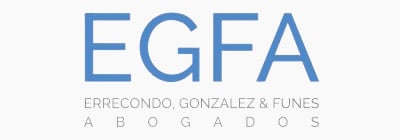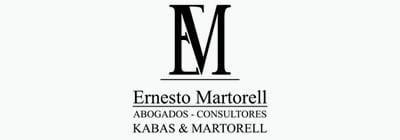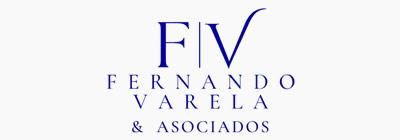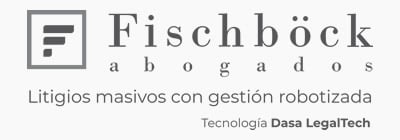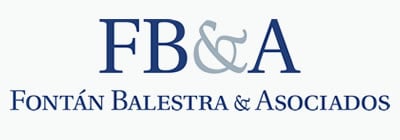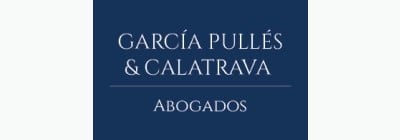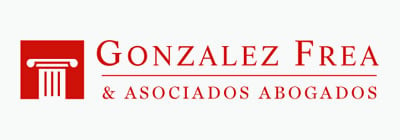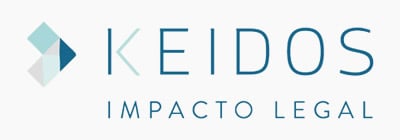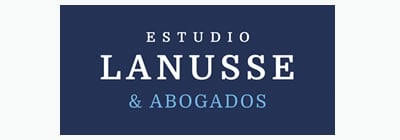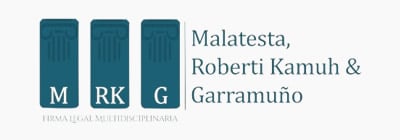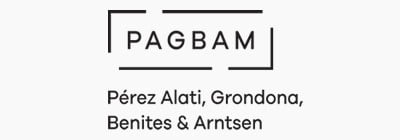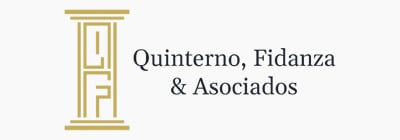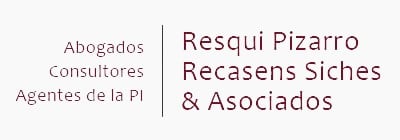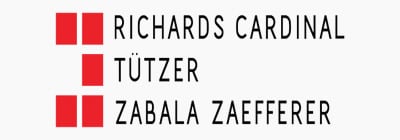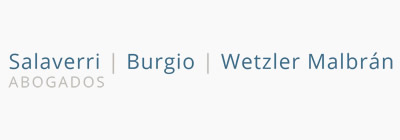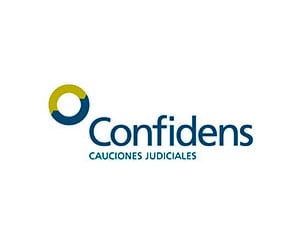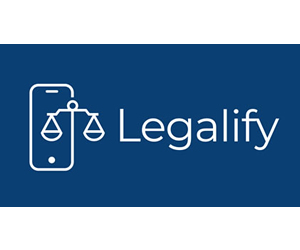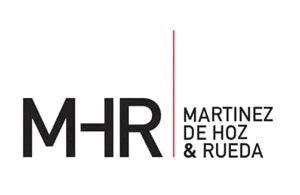- No. 1: Get the facts. People prefer to traffic in conclusions. Why? It's easier. From an evolutionary perspective, thinking in conclusions takes up less cognitive processing power than analyzing facts, which, as John Adams remarked, are "stubborn things" and difficult to ferret out.
Given that, counsel may need two to three times longer than expected to figure out what happened in a case. The solution is to make a virtue of a vice, smile and tell the witness in an interview, "I wish I could say this is the last time I will see you, but that's not how the process works."
Honesty like this builds trust. It is the drill bit that gets to the real story. And, it may prompt the witness to be more forthcoming more quickly, knowing counsel is willing to question until he gets the answer.
- No. 2: Stay in the moment. I have tried a lot of adversary proceedings. There will be highs and lows. My advice: Attorneys should not get sucked into either. Lawyers who congratulate themselves on how smart they sound in front of the jury lose focus.
Listen to Brian Haycock's advice in "Dharma Road: A Short Cab Ride to Self Discovery": He says to take life "a moment at a time" because "[e]verything else is a distraction. A score is a distraction. A goal is a distraction. ... This moment is the only moment that matters." That's useful advice in trial and in life.
- No. 3: Show, don't tell. Facts do not speak for themselves. They need a lawyer's advocacy. I read a resume recently that used phrases such as "ability to energize employees." Such a phrase is like a chocolate-covered doughnut, tasty but consisting only of empty calories.
Guy Kawasaki makes this point in "Enchantment: The Art of Changing Hearts, Minds and Actions." For example, he argues that it is easier to sell an iPod by eschewing its gigabytes and extolling the number of songs it stores.
The wise in-house lawyer should apply the "show, don't tell" principle to legal briefs by using charts to summarize information and avoid the eye-numbing, giant-block-of-text writing that is painful to look at and even more painful to read. Part of a lawyer's job is to pare down and translate the vast universe of facts into what a decision-maker needs to know, in a format that's easy to digest. As Albert Einstein said, make everything as simple as possible, but no simpler.
- No. 4: The law is a grind. I love the law, but it is a hard grind, from clueless judges to rude opposing counsel. But this, as Hyman Roth remarked in "The Godfather: Part 2," is the business we chose, so neither in-house nor outside counsel should whine about it.
Lawyers should not run to the judge or a mean footnote in a brief every time someone musses their hair or pokes their eyes. If Roth isn't persuasive enough, here is Marcus Aurelius: "The cucumber is bitter? Put it down. There are brambles in the path? Step to one side. That is enough."
- No. 5: Express gratitude. We do nothing alone. Nothing. Dzigar Kongtrul writes in "Light Comes Through: Buddhist Teachings on Awakening to Our Natural Intelligence" that "[t]he truth is that our attributes are not possessable. ... No one is truly self-made from the start. So many factors contribute to who we are -- we are not a closed system."
Here's an exercise each lawyer should try: Imagine life without its blessings, then write out how life could have come out differently -- not differently good but differently bad. Imagining this reveals one's current conditions to be new and surprising, and it engenders gratefulness. Grateful lawyers are more resistant to ethical lapses and more immune to temptation.
- No. 6: Trust actions, not words. I keep a paperweight cube on my desk, proclaiming the wonderful values of a large corporation: open communication, integrity, respect, excellence. I love that cube. The panel about respect declares that ruthlessness, callousness and arrogance don't belong at this company. The company? Enron.
Here is a law of the universe, right up there with gravity: Trust actions, not words.
- No. 7: Hierarchy kills. Hierarchy drains motivation, imperils best results and creates a suffocating workplace. Its main function is to make some people feel better about themselves at the cost of making others feel worse. It is poison. A better way to organize a workplace: Mandate free expression.
When I first work with new lawyers, I ask them a single question: "Why do airplanes crash?" I tell them that airplanes crash because the junior co-pilot spots a blinking red light on the console, thinks that if anything was amiss the senior pilot would say something and thus decides to say nothing from fear of getting yelled at. And, the airplane crashes. Counsel should eliminate hierarchy and embrace open expression. It leads to a better place to work, which leads to better work product.
- No. 8: Do not fight the frame. A jury consultant told me, "You can't change the facts, but you can change the story." Counsel should find a frame that fits jurors' pre-existing beliefs, rather than fruitlessly struggling to force them into his own frame.
- No. 9: Be gracious. Being gracious generates good karma. "Karma" is Sanskrit for "action" or "deed." And right action, coupled with right intention, multiples itself for the good.
Winston Churchill replaced his political rival Neville Chamberlain in May 1940. Churchill told Chamberlain that he and his wife should take as much time as they needed leaving No. 10 Downing Street, the home of the prime minister. Chamberlain never forgot. While he didn't support Churchill 100 percent, he never actively opposed him.
I try to extend that spirit to others. At the end of my depositions, I thank the plaintiff for his courtesy and professionalism in a tough experience. Sometimes, lawyers do not do these kinds of things because they think they will look foolish, appear weak or be exploited. But Churchill took the long view of right actions. Attorneys should, too.
- No. 10: Recognize the limits of control. I loved my mother very much. She was smart and taught me a lot. Here is one lesson: "You can't change people, you can only help people." So attorneys frustrated by a witness or a significant other should read this from "The Second Book of the Tao" by Stephen Mitchell: "The duck's legs are short; you can't lengthen them/without making her suffer/the crane's legs are long; you can't shorten them/without causing him pain/what is long needs no cutting off; what is short needs no stretching."
This last lesson leads to yet another, perhaps the most important of all: Just be yourself. Knowing this makes each of us the most effective lawyers we can be.
By Michael P. Maslanka
Source: Lawyer.com
Opinión
elDial.com


opinión
ver todosCasanova Abogados














